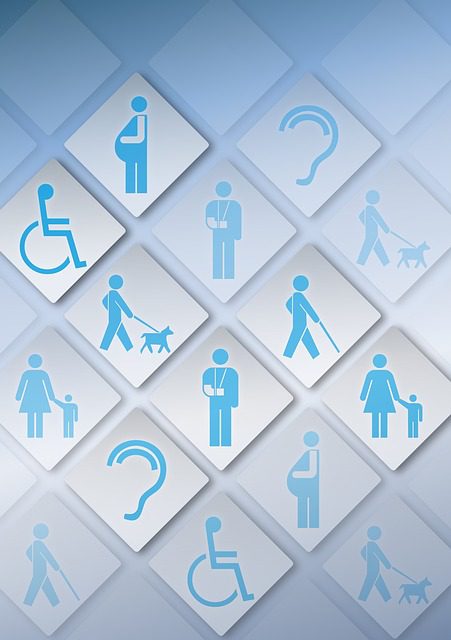What Is Web Accessibility and Why Is It Important?


The ADA (Americans with Disabilities Act) states that all web content must be accessible to all persons with disabilities and that those persons should have the same access as any person without a disability. That includes people who are deaf or blind and those people who have to navigate a website using their voice, screen readers, or other assistive technologies.
What Is Web Accessibility?
Web accessibility is the practice of ensuring that everyone has the same equal opportunity to use any given website. And that includes people with physical and situational disabilities.
Website accessibility includes the following.
- Visual (visually impaired which includes blindness, low vision, and color blindness)
- Mobility (the inability to use hands which includes tremors and loss of muscle control)
- Auditory (hearing impaired)
- Seizures (people who have seizures that are caused by flashing effects or other visual disturbances)
- Intellectual (cognitive impairments including developmental, learning, dyslexia, PTSD, Alzheimer’s, attention, problem-solving, and logic disabilities.
- And any other disability that causes a permanent, temporary, or situational disability
Why Is Web Accessibility Important?
Well, web accessibility is important to the millions of people around the world who have some type of disability. And that includes many others who might just need larger print, have a broken arm, a parent carrying a baby, or some other impairment that wouldn’t be considered an official disability. Those people all need to have equal access to your website too.
Another reason you need to make sure your website is accessible is so you don’t get sued.
Yep, that’s right—SUED! And if you don’t think that can happen to you…think again! On top of that, you can be sued without any advance notice or warning of your website having an accessibility issue. Yes, this is unbelievable but it’s true.
Here are some of the latest examples of the latest lawsuits:
- Domino’s Pizza
- Winn-Dixie
- Netflix
- Beyonce Knowles
- edX
- Quik Trip
- Carnival Cruise Lines
- National Museum of Crime and Punishment
- Peapod
You are probably thinking that these are all “big name” businesses. However, many small businesses are being sued as well including Nelson Fernandez and two others v. ITs Sugar, LLC – 2020.
The top targets for accessibility lawsuits include (but are not limited to) retail business, eCommerce, hospitality, food and beverage, and consumer services.
Another thing to note is that most of these court rulings overwhelmingly favored the plaintiffs even though there is no written law (yet) regarding online ADA compliance. The current laws regarding people with disabilities refers to discrimination based on disability in places of public accommodation.
There is, however, a testable success criterion in place that has three different levels of compliance that all online and offline businesses need to meet regardless of whether there is a law in place or not.
Web Content Accessibility Guidelines (WCAG)
- WCAG 2.0 published in 2008
- WCAG 2.1 published in 2018
- WCAG 2.2 is scheduled to be published in 2021
What Can I Do to Make My Website ADA Compliant and Avoid a Lawsuit?
Well, there’s nothing that can 100% protect your business against an accessibility lawsuit. However, you can correct the most common website errors that lead to an accessibility lawsuit.
- Avoid missing alt text, labels, and page titles
- Empty links
- Redundant links
- Meaningless link text
- Text that’s illegible to the disabled (size, font, and color contrast)
- Appoint an accessibility coordinator
- Proper heading structures (H-tags)
- Insufficient color contrast
- Inadequate keyboard access and visual focus indicator
- Empty form labels
- Uncontrollable time-outs
- Unclear form controls
These are just a few of the issues that need to be corrected to avoid accessibility conflicts; however, there are many more.
Did You Know That an Accessible Website Will Also Help Your Website’s Page Rankings?
Yep! Having a website that is ADA-compliant will also help your website rank higher in the search engines. There really isn’t any reason to not make your website accessible to all. It’s a win-win for everyone!
What’s Next?
If you want to know if your website is ADA compliant and want to do everything you can to help people with disabilities access your website, Please Contact Us today.
The Perfect Image Web Services team has been trained in designing websites to meet web accessibility standards. In addition to the proper web design, we also have a tool that will help all your disabled visitors to use your website just like anyone else.